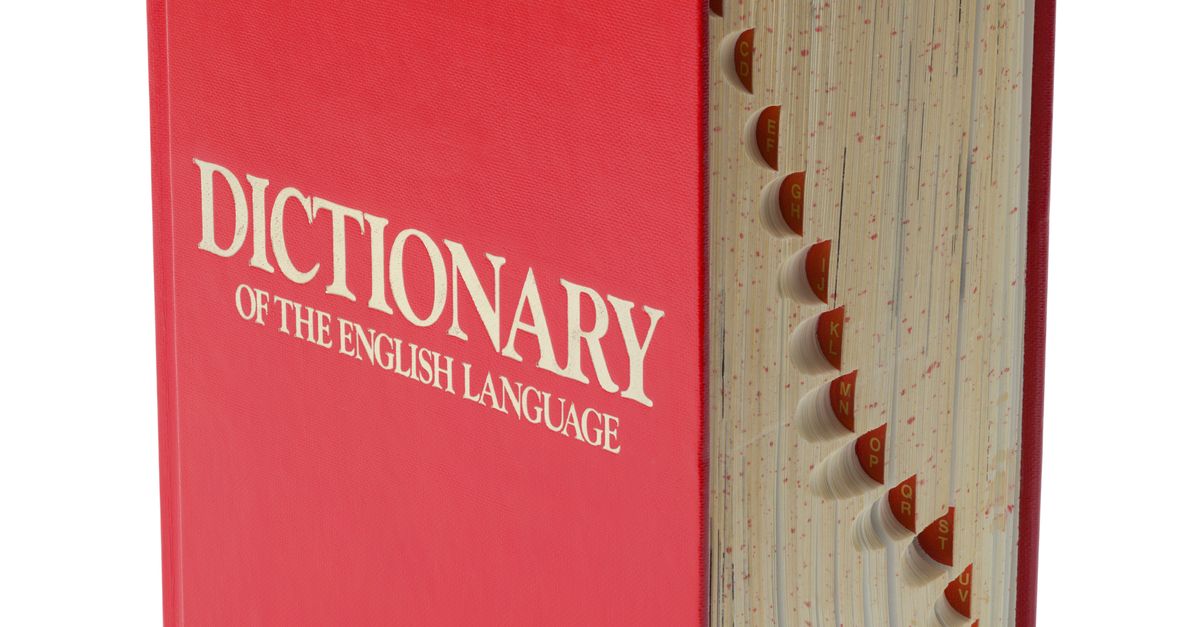Merriam-Webster does include a dictionary entry for the word "irregardless."
However, the definition for "irregardless" has been included in Merriam-Webster's Unabridged edition since 1934.
In early July 2020, social media users asked Snopes.com to verify whether it was true that the Merriam-Webster dictionary had newly recognized "irregardless" as a word in the English language.
"Irregardless" has long been stigmatized as a non-word that has the opposite meaning of its intended use. So when rumor spread that "irregardless" had been newly enshrined on the pages of Merriam-Webster dictionaries, it prompted some readers to post in jest that 2020, the year marked by the coronavirus pandemic, had just gotten worse:
It's true that on July 3, Merriam-Webster included the word "irregardless" in its "Word of the Week" roundup, apparently prompted by a Twitter user declaring the English language to be "dead":
Despite gaining new notoriety online, the word isn't a recent dictionary addition. A Merriam-Webster spokesperson told NPR that "irregardless" has appeared in the pages of its Unabridged dictionary edition since 1934, and, as NPR reported, other dictionaries -- including "Webster's New World College Dictionary, The American Heritage Dictionary of the English Language and the Cambridge Dictionary -- all recognize irregardless as a word":
In its July 3 Words of the Week post, Merriam-Webster poked some fun at the internet outrage over "irregardless":
From time to time it is drawn to our attention that certain parties find it objectionable that we have included irregardless in our dictionary. The outrage presumably springs from our allowing this callow arriviste to rub elbows with other, nobler, words; the very presence of irregardless besmirches such entries as asshead, ninnyhammer, and schnook.
But "irregardless" has been in "widespread and near-constant" use since 1795, along with other commonly used words such as "citizenry" and "terrorism." Merriam-Webster categorizes the word "irregardless" as "nonstandard," meaning, "not conforming in pronunciation, grammatical construction, idiom, or word choice to the usage generally characteristic of educated native speakers of a language." The word is probably derived from a "blend of irrespective and regardless."
The word "irregardless" is defined simply as "regardless," according to its definition in the dictionary.

